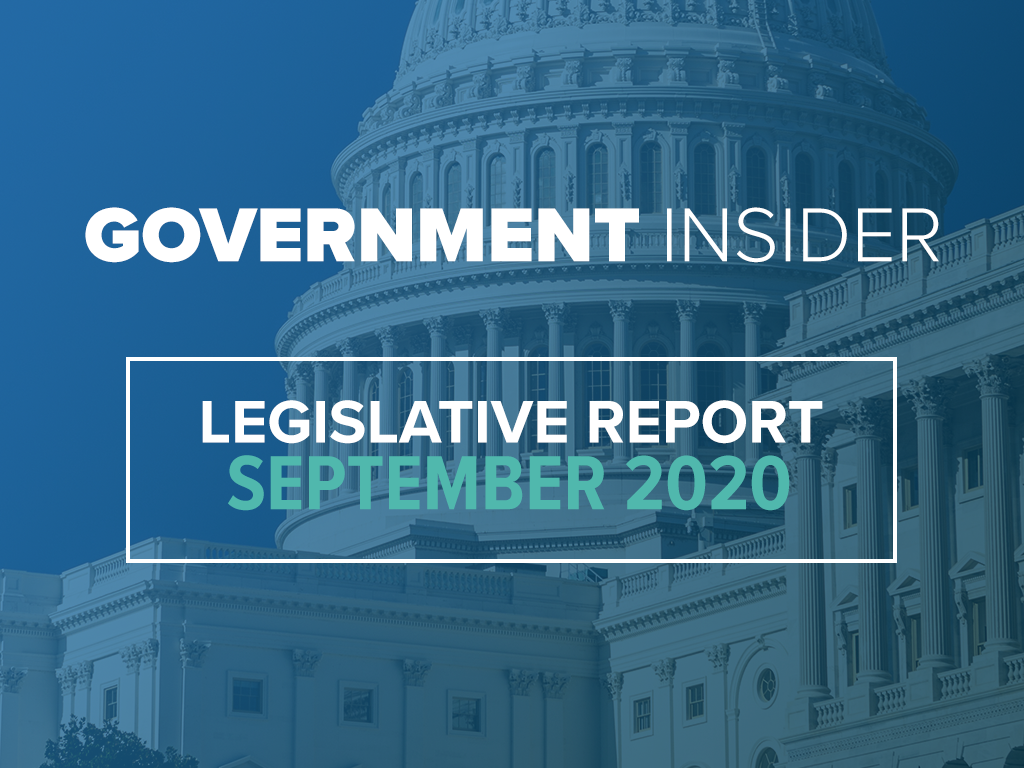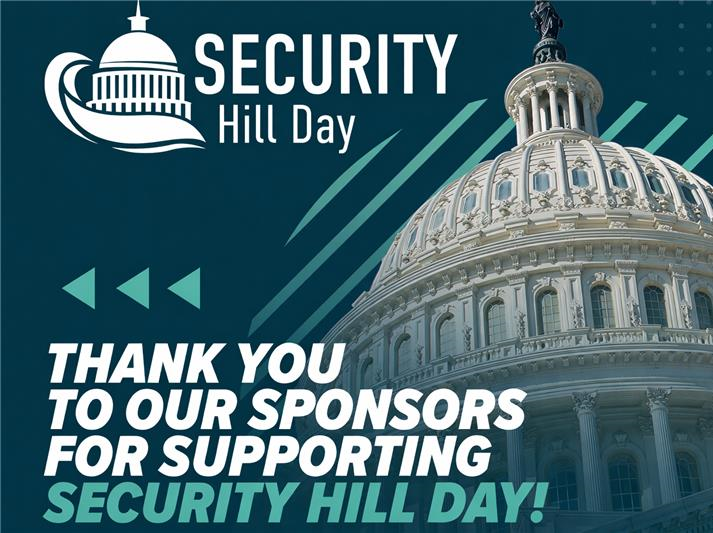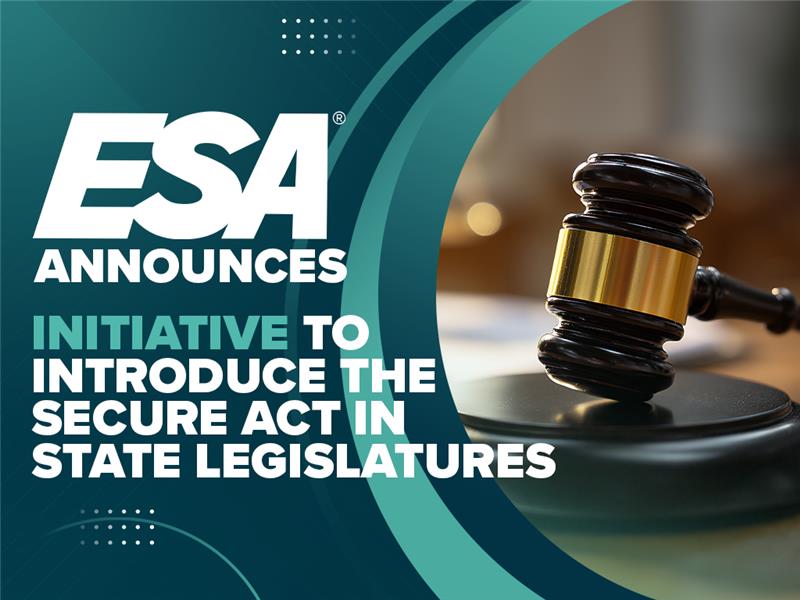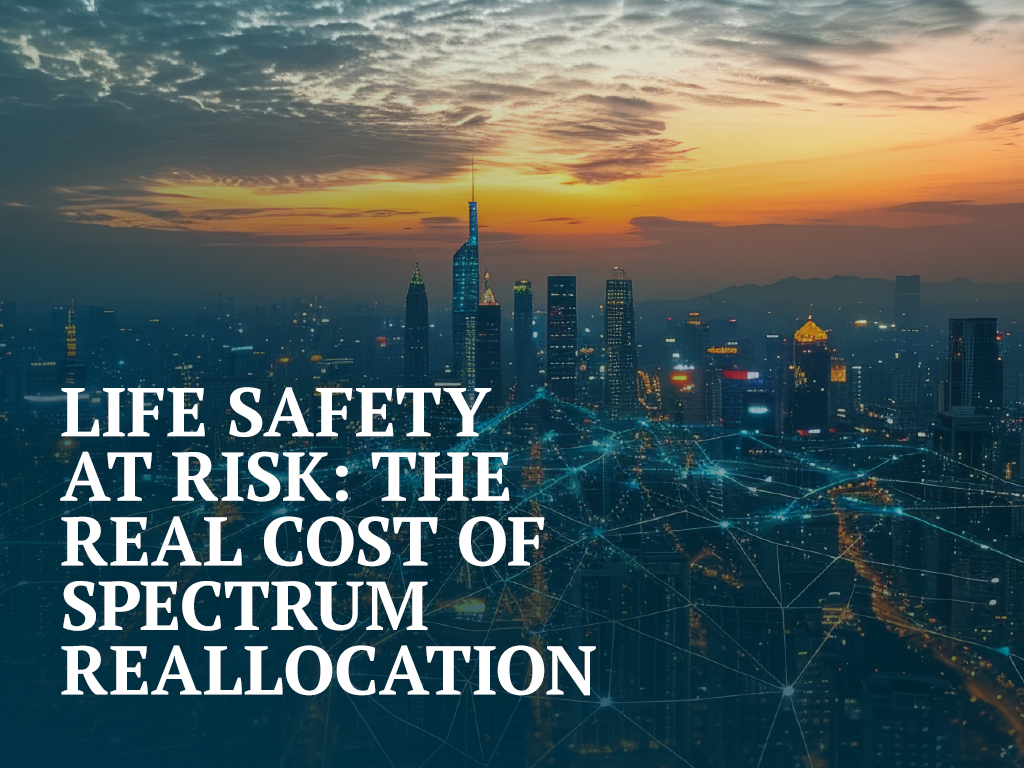Legislative Summary – September 2020

Federal Legislative Summary- September 2020
The House introduced another stimulus package with “The Heroes Act”, HR 8406, that was met with very cold shoulders in the Senate. This 2,154-page bill has many “poison pills” like union pension support that Republicans claim have nothing to do with COVID-19.
The Speaker is steadfast in not yielding ground to provisions in the bill to Senate Republicans, as of today. This dynamic could change and at one point, the President called off negotiations with Congress until after the election. This sent the stock market on a 500-point slide. But the next day, the President revised his stance and negotiations continue. We will be watching these developments closely as they play a huge factor in the near-term economic recovery from the pandemic.
Other bills we will be watching include the “Southwest Border Security Technology Improvement Act of 2020”, HR 7944, which would study border security technology and several apprenticeship bills like HR 8339, HR 8320 and HR 8317.
Download the Members-Only Federal Legislative Report
State Legislative Summary- September 2020
California lead other states with several enacted bills and one that was vetoed. AB 685 was enacted on September 17th and it will create numerous COVID-19 reporting requirements for employers and require an employer to provide specified notifications to its employees and the state OSHA division, relating to the exposure of its employees to COVID-19 that the employer knew of or should have reasonably have known. This new law will make it a misdemeanor if an employer violates the notification requirements.
California AB 1577 was enacted on September 9, 2020 and it will ensure that forgiven CARES Act loan proceeds will not be considered income for state income tax purposes.
California AB 2399 was also enacted in September and it revises the definitions for qualifying exigencies for paid family leave.
The California Governor vetoed one bill we were monitoring in September. AB 3216, which would have forced employers to rehire laid-off employees due to COVID-19 based on a prescribed order among other provisions was vetoed because the Governor rightly reasoned it would be overly onerous to employers, particularly hospitality industry employers who have been hit particularly hard in this pandemic.
California also enacted a bill (SB 973) that will impact all employers with 100 or more employees. Existing federal law requires specified companies to file with the federal Equal Employment Opportunity Commission an annual Employer Information Report (EEO-1) that contains specified data regarding demographics of the employer’s workforce. This bill will require, on or before March 31, 2021, and on or before March 31 each year thereafter, all private employers with 100 or more employees to also submit a pay data report to the DFEH that contains specified wage information. It will also authorize the Department of Fair Employment and Housing (DFEH) to receive, investigate and prosecute complaints alleging unlawful practices under those discriminatory wage rate provisions.
Kentucky BR 334 would place a prevailing wage requirement on public works contractors to obtain and pay the prevailing wage for all workers involved in these projects.
Kentucky also filed a “Buy American” bill (BR 346) that mandates a preference for iron, steel and manufactured goods to be produced in Kentucky and the United States. It would require a waiver for exceptions.
A Michigan bill that passed the House in September (HB 6030) would provide limited civil immunity from COVID-19 liability claims. It would join a growing list of states providing for civil liability protection for businesses.
Another Michigan bill (HB 6032) that passed the House in September would prohibit an employer from taking certain actions against an employee who does not report to work under certain circumstances related to COVID-19.
The New Hampshire Governor vetoed a paid family leave insurance bill in July and that veto was sustained in September lacking the 2/3 majority to override.
New Jersey SB 2419 adds several prohibitions against local government regarding the licensing alarm-related businesses, including the installation or use of perimeter fence intrusion protection systems. It also clarifies and adds several specified services that fall within an alarm business definition. This bill has now passed both Houses in the Legislature.
New Jersey also enacted a law that will give undocumented aliens the right to seek and obtain occupational or professional licenses in the state. SB 2455 was enacted on September 1, 2020.




